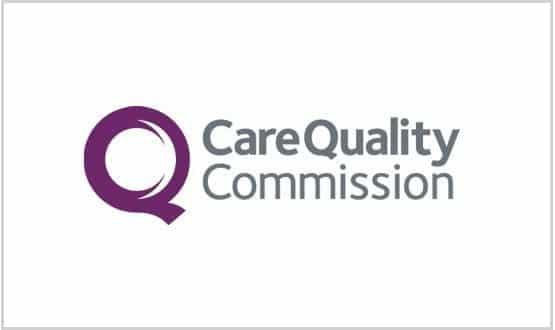Lansley says NHS should be open 24/7
- 3 February 2012
The health secretary has said the NHS should be open seven days a week, after a report revealed that patients admitted to hospital on the weekend have a significantly higher chance of dying over the next month than those admitted on a weekday.
Andrew Lansley said it was unacceptable that patients admitted to hospital on a Saturday or Sunday tended to stay longer and to have worse results.
“Much of the rest of the country continues to be open for the public’s needs at weekends – an NHS that revolves around patients should be the same,” he said.
"By opening some services seven days a week, more patients will get the care and treatment that they need when they need it.”
Lansley said this was already happening in some parts of the NHS, where hospitals were providing tests, doing operations and had more senior staff around on weekends.
"We will work with all the professional associations, to encourage progress on this across the NHS,” he added.
“By increasing the number of consultants who are on duty at the weekends, we will both strengthen the training of junior doctors and improve quality of care for patients."
Lansley’s comments come as new research, published today in the Journal of the Royal Society of Medicine, reveals patients admitted to hospital on a Sunday are 16% more likely to die within 30 days of admission than those admitted on a Wednesday.
The research analysed all 14.2 million admissions to NHS hospitals in England during the 12 months from April 2009 to March 2010.
Lead researcher Professor Domenico Pagano of the Quality and Outcomes Research Unit, University Hospitals Birmingham NHS Foundation Trust, said several factors might be associated with the increased risk of death on weekends.
He said some patients may be more seriously ill as if they had they been less ill, they would have had their admissions postponed until a weekday.
He also speculated that there may be aspects of care at the weekend that disadvantaged patients, such as: reduced or altered staffing and skill mix; reduced availability of diagnostics; and less availability of senior staff to review cases and to be readily available for escalation.
While patients had a higher chance of dying if admitted on the weekend, the research showed they were also less likely to actually die on a Saturday or Sunday than during the week.
Professor Pagano said this phenomenon must be due to the way services were organised as one would expect a similar number of deaths on each day of the week.
“It may be that reorganised services providing seven day access to all aspects of care could improve outcomes for higher risk patients currently admitted at the weekend,” he explained.
“However, the economies for such a change need further evaluation to ensure that such reorganisation represents an efficient use of scarce resources.”




